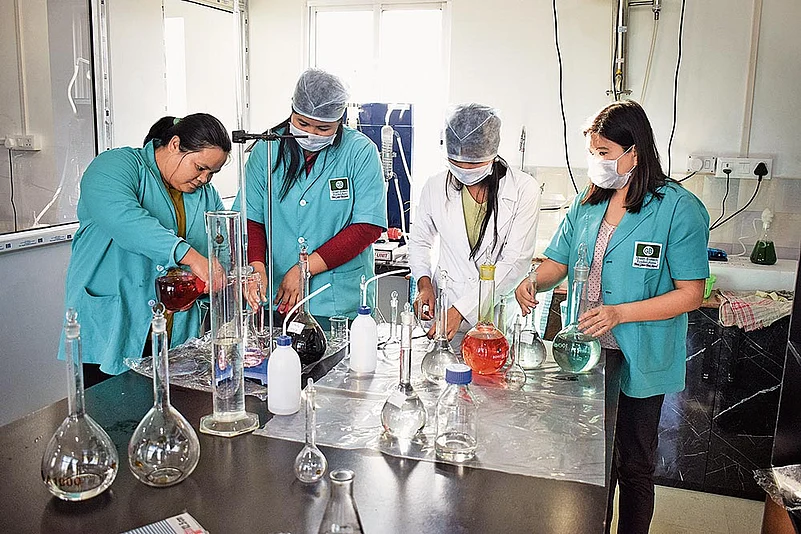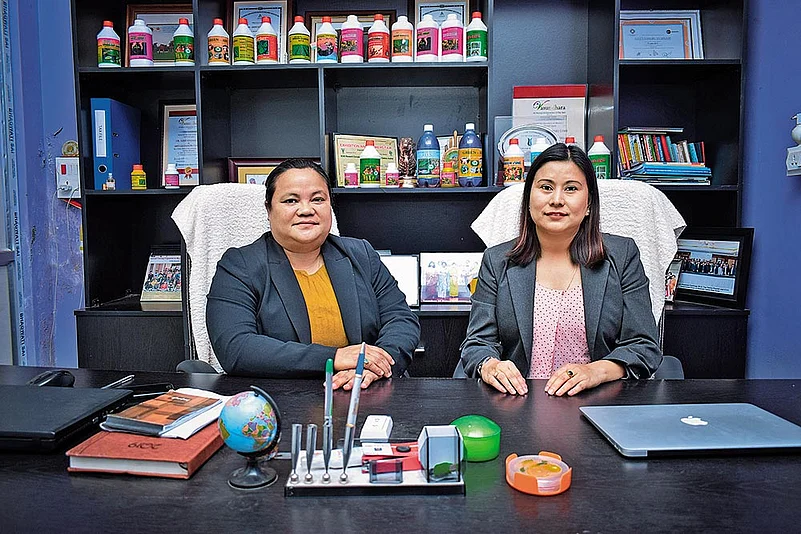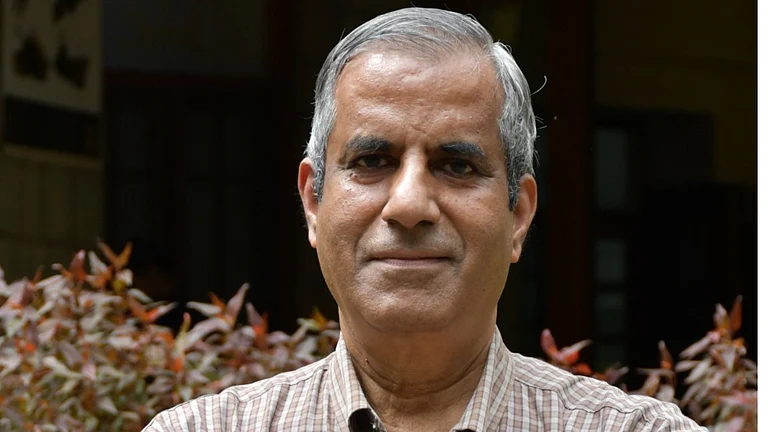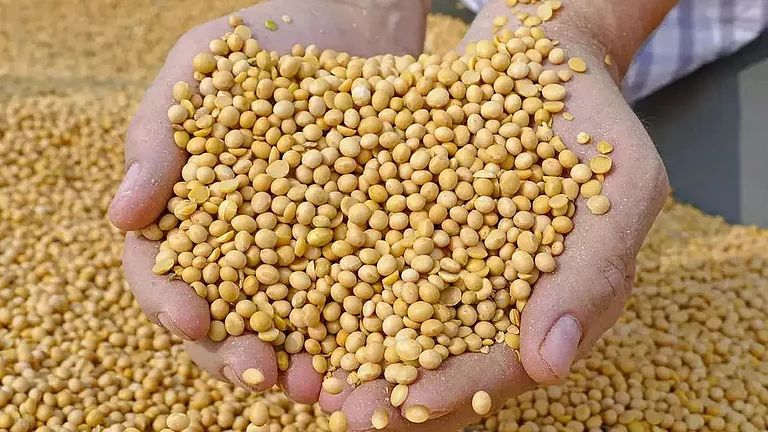In Lamsang, a small town in Manipur, a quiet shift towards sustainable farming is taking shape. Green Biotech EcoSolutions, a start-up focused on manufacturing organic fertilisers and biopesticides, is at the centre of this effort. The venture, which began in 2012 with compost-making, now produces over 35 products, all sold locally.
Today the start-up provides biosolutions in areas such as soil, crops, aquaculture and animal husbandry among others.
When Geetashori Yumnam, the 41-year-old founder of Green Biotech, decided to leave the stability of a corporate job to establish Green Biotech, the decision was far from easy. As a local she observed firsthand the difficulties faced by farmers in Manipur. Yumnam started in 2011, but initially she was sourcing biofertilisers from other firms and reselling it in Imphal.
But very soon she hit a roadblock. “I faced difficulty in sourcing products as Imphal is virtually cut off from the rest of the country for around 2–3 months every year, because of the weather. So, I decided to get into the game with my organic replacements,” she says.
Sowing the Seeds
She recalls her days from 2012, when she started converting vegetable and organic waste into compost and supplying it to the local markets for Rs 10 per kg. Soon Green Biotech, a venture that she started with Rs 82,000 of her own savings, was born. Starting with compost, she realised there was more to explore. “Farmers began asking if I could provide seed treatments and soil conditioners to prevent diseases,” she recalls. With no formal training in biotechnology, she sought partnerships with institutions like the Assam Agricultural University (AAU), Jorhat. In 2013, a technology transfer from AAU enabled Green Biotech to expand into biofertilisers and biopesticides.
But the breakthrough moment for the company came in 2016, when Innovate Change and Collaborate, a Netherlands-based non-profit provided a financial assistance of Rs 5 lakh.
During the same year, she registered Green Biotech EcoSolutions as a private limited company, and was joined by her partner Asem Sundari, who left her government job to join Yumnam in her entrepreneurial journey.
Bouquet of Services
Unlike its traditional competitors, who focus solely on selling agri products, Green Biotech integrates personalised services like soil testing to provide farmers with precise insights.
“We treat soil testing like blood testing,” says Yumnam. “Based on the results whether phosphorus, potassium or nitrogen levels are high or low, we recommend the appropriate organic fertilisers tailored to the specific crop.”
The company further differentiates itself by offering affordable annual subscription models. Farmers can register with Green Biotech to access year-long services, including on-site consultations, personalised recommendations and also get a 10% discount on products.
Yumnam says that one of the critical barriers to adopting organic farming is cost, and her firm Green Biotech is trying to address this challenge by offering cost-effective solutions and incentives, without compromising on quality.
“While the costs are higher, the long-term benefits for soil health, human well-being, and environmental sustainability are significant. States like Sikkim have mandated compulsory organic farming,” says Aditya Sesh, member of expert committee, Ministry of Agriculture and Farmers’ Welfare, Government of India.

Green Shoots of Growth
Being in a relatively isolated region meant that Green Biotech had to deal with high transportation costs. There were other logistical challenges. In Manipur, many of the materials required for organic products were unavailable locally, forcing Yumnam to source them from other states. This not only raised costs but also led to delays in production.
But for Yumnam, the challenges were beyond just infrastructure and costs. “Getting a loan was almost impossible. The land isn’t in my name, so I couldn’t provide the required collateral,” she says, adding that most banks were unwilling to back her venture due to her gender and the perceived risks of her business.
To sustain the business while continuing to promote organic farming, Green Biotech has expanded its offerings beyond just organic products. Green AQ, a water-based solution, helps maintain oxygen levels in water systems, particularly in aquaculture operations. “It’s essential in regulating the fluctuating water temperatures, especially in summer, to prevent the death of aquatic life,” she says.
The company is taking big bets through projects in the neighbouring states. It already has a feed mill plant project in pipeline in Assam’s Nalbari district with the project size of Rs 3.57 crore, of which Rs 3 crore has been invested by the public financial institution North Eastern Development Finance Corporation.
In terms of revenue, Green Biotech has seen fluctuations. Yumnam says that in 2020, the company generated approximately Rs 1.5 crore, but due to the Covid-19 impact and other factors, it has now stabilised at around Rs 1 crore annually for the past few years. Green Biotech’s profitability is still relatively slim, hovering around a 15–18% profit margin. Green Biotech also receives an annual 30% direct subsidy on revenue under Manipur Startup Scheme.











